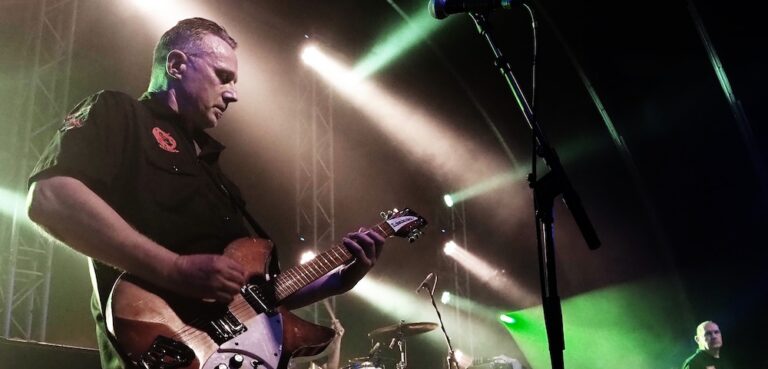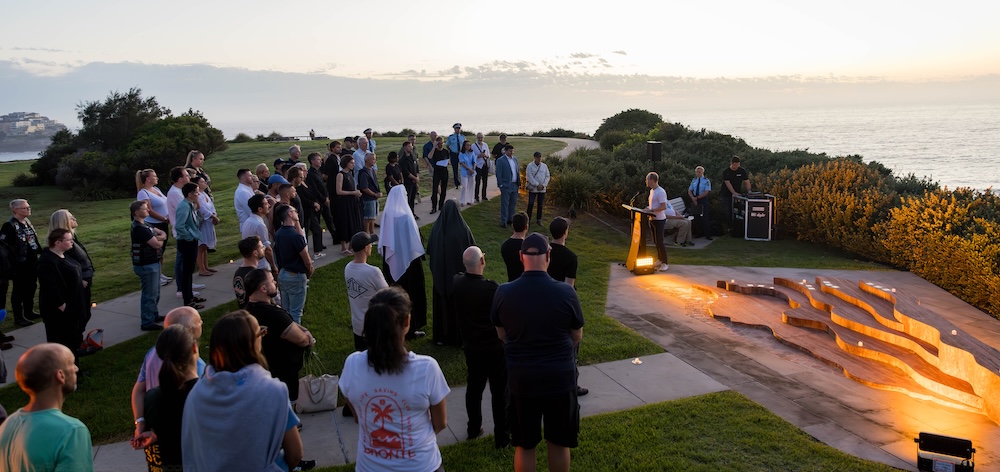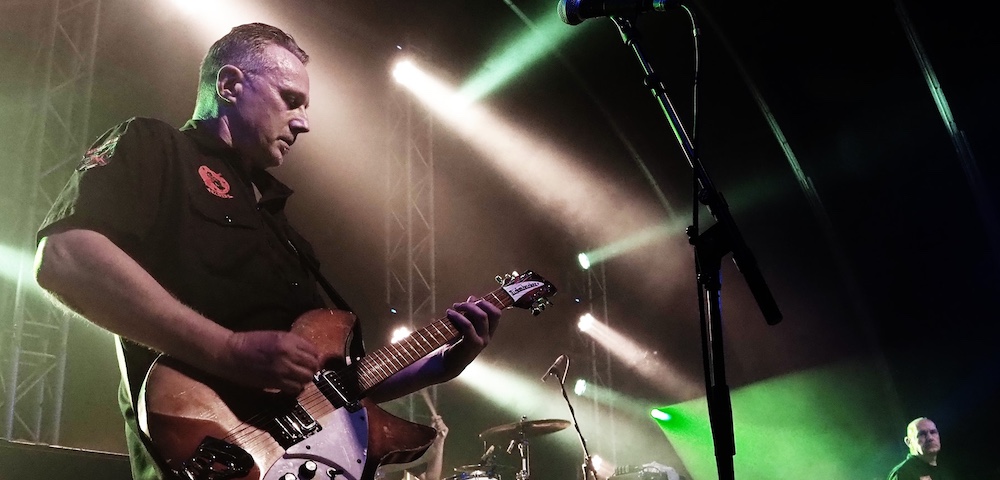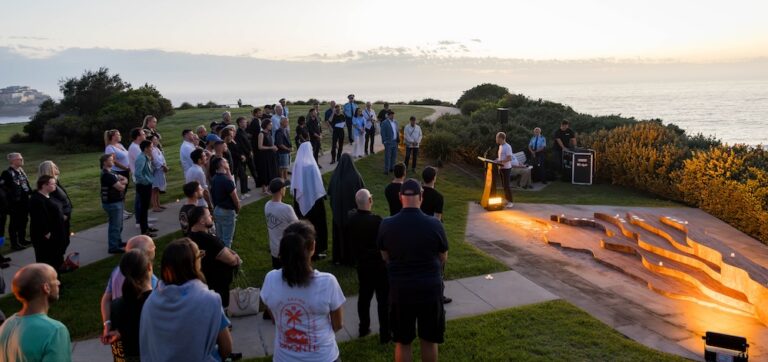
Suicide And Self-Harm: A Personal Reflection
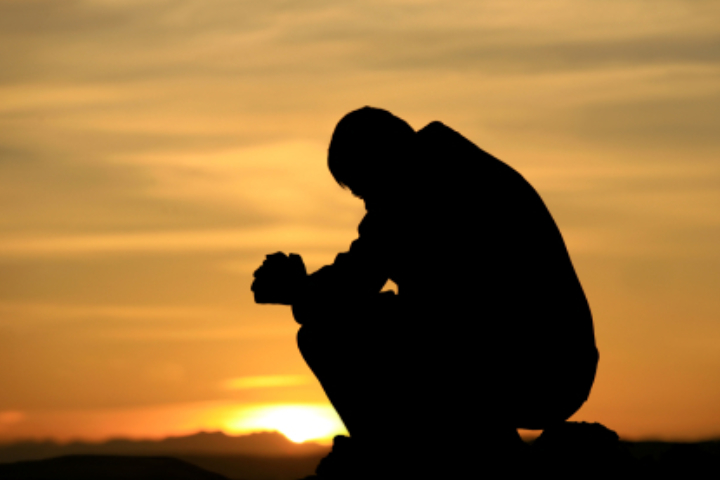
I was 16 years old when I first attempted suicide. That was more than 25 years ago, but for me this is a lifelong battle and this World Suicide Prevention Day I want to share my story.
In February this year, the National LGBTI Health Alliance released its Snapshot of Mental Health and Suicide Prevention Statistics for LGBTI People. The report noted that lesbian, gay, bisexual, transgender and intersex (LGBTQI) young people between the ages of 16 and 27 are five times more likely to attempt suicide compared to the general population. How this compares to when I was a teenager in the 1990s is unclear. Prior to the 2000s, it seems that very little research was done into the relationship between sexual orientation and suicide, but I expect that young LGBTQI people in the 1990s were at even greater risk of attempting suicide than they are today.
Growing up as a gay teenager in suburban Adelaide in the early 1990s was tough. Being raised in a conservative Christian faith made it even more challenging.
Although South Australia led the way in gay law reform in this country, becoming the first Australian state to decriminalise homosexuality in 1975, there was still a lot of stigma attached to being gay while I was growing up. Society continued to view homosexuality as deviant and derogatory slurs about gay men were prevalent. Gay bashings were common and reporting about the latest bashing was really the only time that the LGBTQI community received any mention in the mainstream media. Sex education was a compulsory part of the school curriculum, but homosexuality remained something of a taboo topic that was barely touched on, while the internet was still a very new phenomenon that I hardly even knew existed. This made it virtually impossible for a young and very confused gay man like me to know where he could find the support and resources that he so desperately needed.
By the time I turned 16, I was feeling very isolated and had no idea where I could turn for help. The only exposure I had to what it meant to be gay was overwhelmingly negative, reinforced by weekly sermons at church about the immorality of homosexuality and how homosexuals would burn in hell for an eternity. Much to my parents’ angst, I renounced my faith after one such sermon, but by then it was too late. I had already started cutting myself.
I can’t remember when I first cut myself or if there was a particular incident that pushed me over the edge, but I was struggling to understand my sexuality, had fallen in love with a boy at school and was filled with so much hatred and contempt for myself that it all became too much for me, so I tried to kill myself by slashing my wrists.
It only took me a few unsuccessful attempts at cutting my wrists before I realised that I would never succeed in killing myself that way. Yet, I continued to keep cutting myself. Almost every night I would shut myself in my bedroom and cut myself with a razor blade. It became almost routine for me to have dinner with my family and then go cut myself. In my mind, self-harming was like an act of atonement or punishment for not being able to kill myself and I found some comfort in believing that at least I was trying.
While at the time it may have seemed to me that self-harming eased some of the pain and desperation that was growing within me, it was only ever a temporary release and my self-hatred continued to fester. Some months after first attempting suicide, it seemed that cutting myself was no longer enough and I made the decision to attempt suicide again by using a different method. This time it was by taking an overdose of non-prescription medication. In my naivety, I expected the overdose to have an immediate effect, but nothing happened so I thought I was going to be fine. A few hours later, I passed out on the floor and when I woke again, I was sicker than I had ever been in my life as my body expelled the substances I had ingested in the most unpleasant of ways. It scared me so much that I never tried to kill myself again.
To this day, my parents still do not know about my suicide attempts or the anguish that tore me apart as a teenager. I was good at hiding the scars – both physical and emotional. My suffering was done alone and in silence. That is probably the worst kind of suffering and the most dangerous.
It has now been more than 25 years since I last attempted suicide, but that does not mean that I no longer think about killing myself. I have struggled with mental health issues since early childhood. It is a part of me that I mostly manage, but I still face some of the same feelings of self-hatred that I experienced as a teenager. Mostly, this just means that I go through periods of depression, but certain events can still trigger suicidal thoughts.
In the past 25 years, there have only been two such events that have led me to seriously consider attempting suicide again. The most recent of these events was just over two years ago and I felt like I was freefalling in a bottomless pit of despair. I felt trapped, with no escape and could not remember feeling so much anguish. Even those lonely nights as a teenager, locked in my bedroom cutting myself, seemed to pale in comparison. It reached the point where I took a knife from the kitchen and pressed the blade firmly against my wrist. It was as though I was 16 again and that by physically hurting myself, I could take away some of the emotional pain I was feeling. In the end, I put the knife away and curled up in a ball on my bed and cried instead.
I can’t say that I won’t ever try to kill myself again. In all honesty, I think there is at least a 50-50 chance that I will, but I hope that sharing my story will help to show just how real the issue of suicide is and will encourage others to openly talk about their experiences. It is easy to read all the statistics about suicide without giving the issue much thought, but it is people’s experiences with suicide that makes this issue real and gets people thinking and talking about it. If we really want to address the issue of suicide, then we need to start talking about it more candidly. It may make people uncomfortable talking about suicide, but it is even harder for suicide survivors to tell their stories. We are not just statistics; we are people with stories that need to be told and society needs to listen.
If you feel distressed reading this article, you can check out these mental health resources.
Speak to a Switchboard or QLife counsellor. Call 1800 184 527 or webchat from 3 pm to midnight AEST

